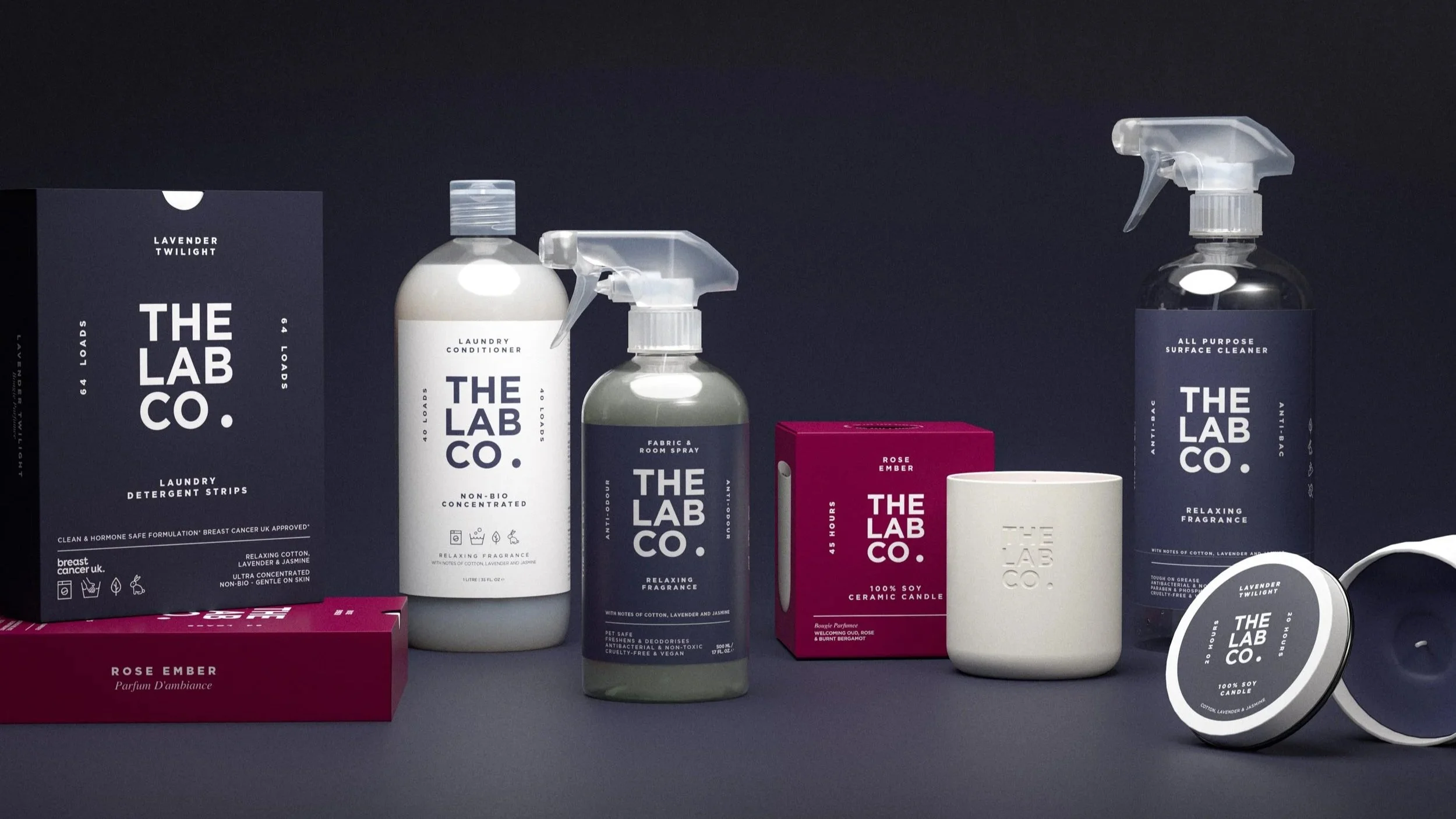Sarah’s Health Notes: Choosing the right supplement
We’re fully paid-up fans of taking supplements – with these reservations: they have to be good quality, efficacious and likely to have a good effect on our health. But how do you know if you need a supplement? And how do you choose the best?
The rule of thumb is that if you are healthy and bounding with energy, you probably won’t benefit from taking extra nutrients. However, if you feel a few degrees under and your diet is less than optimal (which applies to many, perhaps most, people), a good place to start is a multivitamin and mineral.
If you have any sort of digestive problems, it’s worth considering a probiotic – always with the proviso that if your symptoms continue you should always see your doctor. (Our prize draw starting tomorrow with Link Nutrition features a multivitamin and a probiotic.)
Additionally, there are some supplements like vitamin D, magnesium and omega-3 essential fatty acids, which almost everyone could do with topping up. It’s hard to ensure you get enough of these, even if you eat really well.
Nutritional therapist Libby Limon (libbylimon.com) points out that in these chilly months, ‘your immune system may need a helping hand, particularly if you are prone to lurgies. Vitamin C, zinc and medicinal mushrooms can all help boost your natural immunity. If you are struggling to relax and sleep, herbs such as lemon balm and cherry can help.’
For women who are planning on pregnancy, ‘it’s ideal to take a targeted multivitamin beforehand and in the first three months, when the baby will see most benefit,’ says Libby Limon. Folic acid is vital to take as early as possible and together with vitamin D should be taken through pregnancy. Libby adds that ‘omega 3s, especially DHA, can help with brain development and probiotics can help with pregnancy digestive issues as well as potentially protecting your baby from developing allergies.’
The rising numbers of vegetarians and vegans may struggle to get enough protein so protein powders can be helpful. ‘Avoid anything with artificial flavours and colours,’ advises Libby. ‘A formula with natural and minimal ingredients is best.’
Few GPs are knowledgeable about nutrition (they get almost no training in the subject) but, if you are concerned about specific deficiencies, they may agree to test basics such as vitamin D, iron and B12. Although whether they then prescribe really good supplements is another matter.
If your GP’s view is that all you need is a balanced diet, you might want to invest in consulting a qualified nutritionist. This could be money well spent, as it will save you buying supplements that you don't need and direct you to ones that could make a difference. It’s also really important to get expert advice if you are on any medication as some supplements interact with them. Most reputable supplement brands have nutritionists that will answer questions if you call or email.
If you rattle with pills, you may wonder if you’re taking too many. According to Libby Limon, ‘theoretically it would be hard to do yourself harm (unless you are pregnant or on medications) by taking lots of different ones although your wallet would take a battering. A qualified nutritionist can really help narrow down the supplements that are really useful. You might also need different nutrients at different times and challenges in your life. As our bodies evolve with age, our state of health shifts and it is important to adapt your nutritional support to those changes.’
Libby Limon has these tips for what to look for if you are looking at the bewildering rows of supplements in the health store:
• Generally the more info on the back label the better – even if you don’t understand it all - because quality brands want to show that there have the best quality formulations, ingredients and overall products.
• Bioavailability is a key term in supplements. It means how well a supplement is absorbed into the body. Some nutrients help each other to be absorbed, for example black pepper helps with turmeric absorption. Generally, a good supplement brand will combine the synergistic nutrients in one product.
• Look at the Nutrient Reference Value or NRV, which has replaced recommended daily amounts or RDA. NRVs are set by the EU for 13 vitamins and 14 minerals, as guidance on the daily amount the average healthy person needs to prevent deficiency. So the NRV will tell you if the product contains meaningful amounts of the nutrient/s.
• Cheap products usually contain poor quality ingredients. However, super expensive products are not necessarily the best as the mark up is often due to marketing or sometimes packaging. Look for mid price supplements from £15 to £30.
• Food state - also called food based - supplements are a good option as they are produced more naturally in a form the body recognises and can absorb and use effectively. Look for brands that state they avoid bulkers, fillers and additives.
• Take the product as directed on the label. If it tells you to take it before food or with food, am or pm, do just that.
• Also store the product according to the label. And do check the Best Before Date: some products are formulated to last weeks or months, others will still provide benefit after years.


